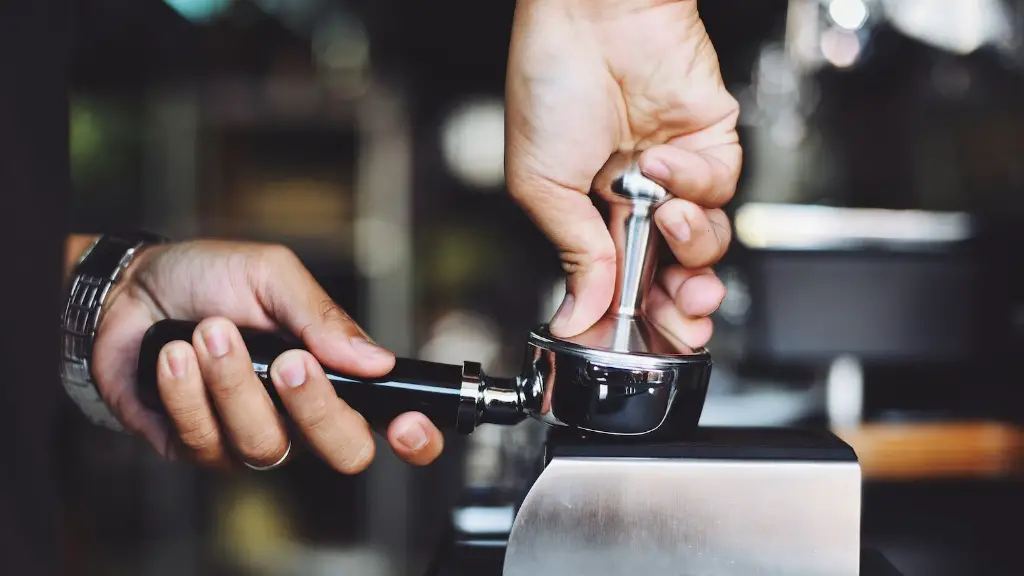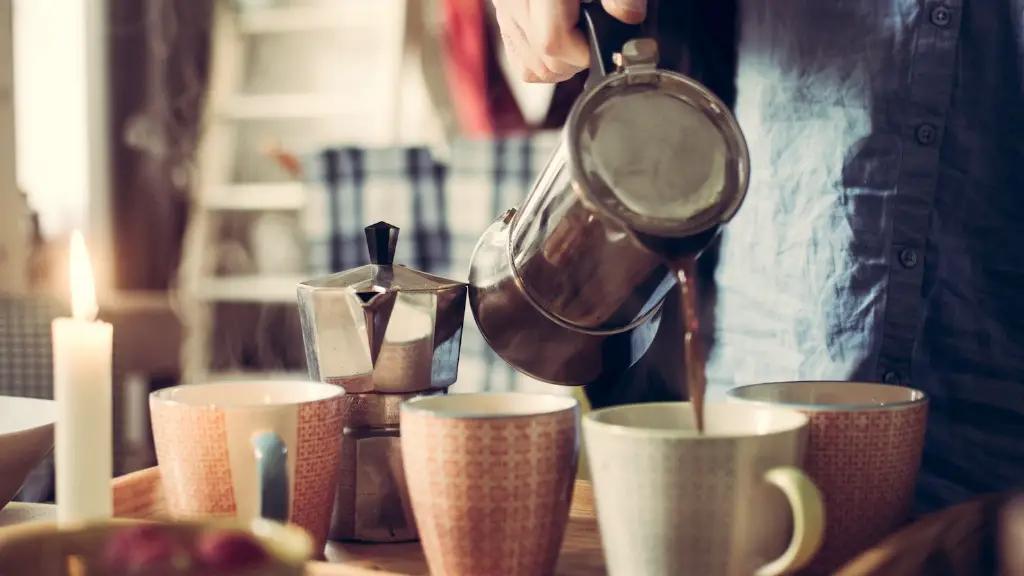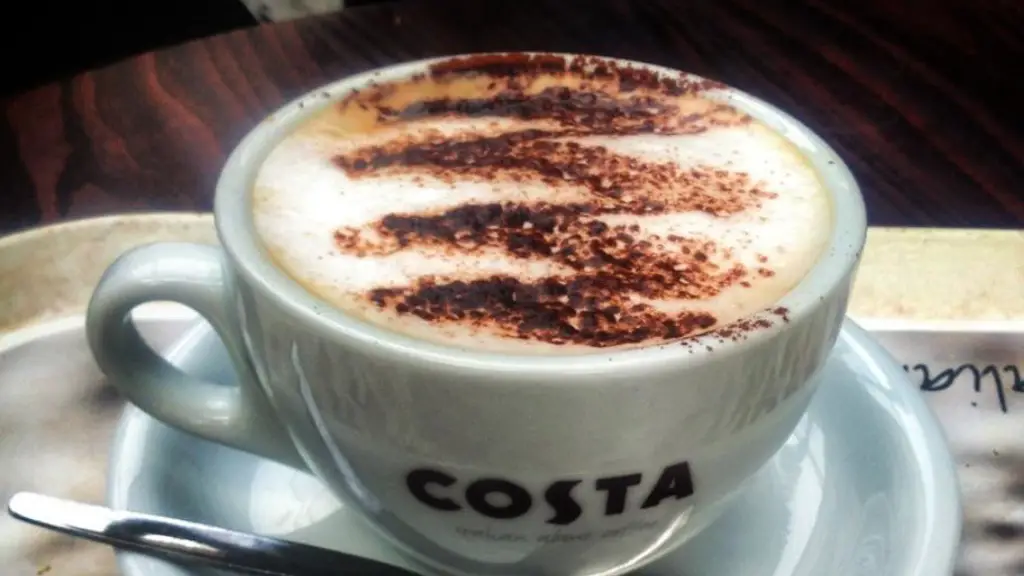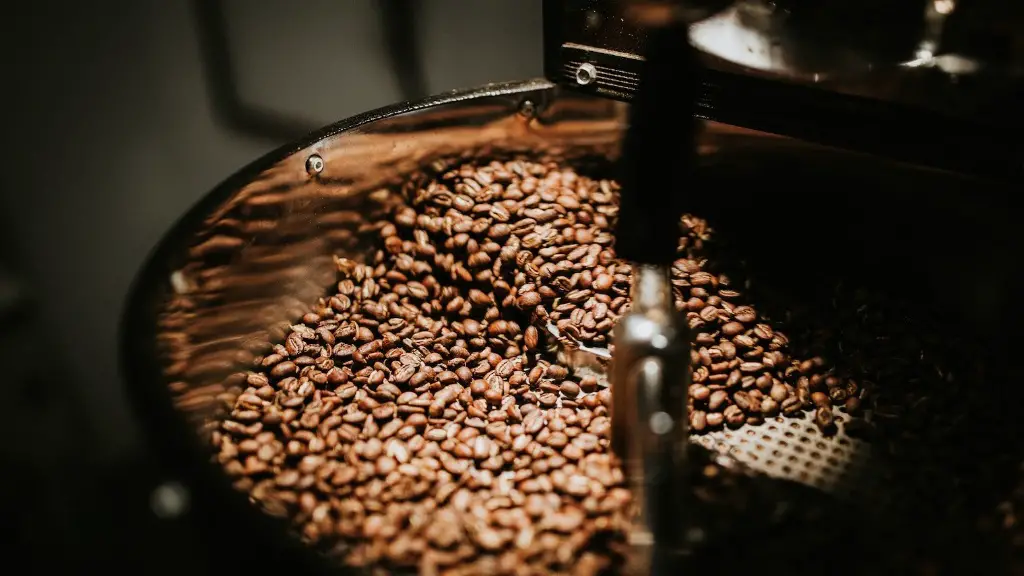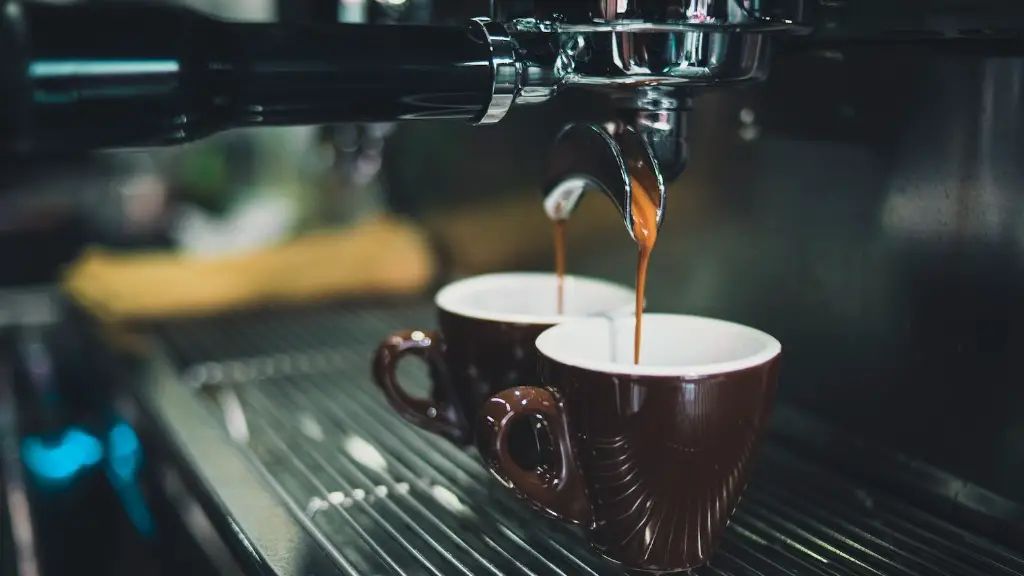Relaxation Techniques
It is often difficult to stave off feelings of nervousness and anxiety when drinking coffee, especially when drinking it in large quantities. Fortunately, there are several techniques that can help manage these feelings and reduce the likelihood of palpitations. Foremost among them is the use of relaxation techniques. Visualization and breath exercises are two of the most popular, and often require only a few minutes of practice for effective results.
Visualization involves picturing a peaceful scene in one’s mind; a beach, a forest, or another place of relaxation that holds special meaning for the individual. Deep breathing is another simple and effective exercise, wherein one inhales and exhales slowly and steadily for a few minutes. Through practicing both these exercises, one can begin calming down and reducing anxiety levels before even taking the first sip of coffee.
Other relaxation techniques include mindfulness meditation, yoga, and even massage. Spending a few inconvenient minutes each day to practice any of these techniques can help one become more comfortable with the feeling of drinking coffee and minimize the risk of palpitations.
Progressive Desensitization
The process of gradual desensitization can help those with intense or frequent feelings of caffeine-induced palpitations. With the help of a medical professional, the individual begins a slow process by starting with low doses of coffee and gradually increases the amount until their palpitations subside. This allows the system to build a tolerance to the stimulant over time and eventually calm down any adverse reactions to it.
As far as lifestyle changes are concerned, careful monitoring of diet is essential for reducing palpitations. Those suffering from caffeine sensitivities should avoid any foods that may heavily contain caffeine, such as dark chocolate, some teas, and energy drinks. In addition, keeping track of any foods and drinks one consumes throughout the day can be beneficial, as well as tracking the times when one consumes coffee.
Finally, limiting one’s caffeine intake to a certain degree is also beneficial; for instance, one should not exceed drinking three or four cups of coffee per day. Although this may put some limitation on the amount of coffee one can drink, increasing the amount beyond this limit may be linked to increased feelings of anxiety, palpitations, and other adverse cardiovascular effects.
Alternative beverages
Making an effort to reduce one’s caffeine intake through the consumption of free alternative beverages is another possible solution to reducing anxiety levels and fear of palpitations. Herbal tea, various decaffeinated drinks, and a range of plant-based milks can all be used as suitable substitutes for coffee. These alternative options provide a healthier alternative for those looking to reduce their caffeine intake without feeling drained and overly tired.
When it comes to coffee, one should look for coffee beans that have been decaffeinated using the Swiss Water process. This way, one can enjoy the flavor of coffee without worrying about any potential problems, as most of the caffeine content is removed during this process. Other caffeine-free alternatives include chicory root, dandelion root, and Guarana, each with its own unique flavor profile.
Regardless of what type of beverage is consumed, it is important to pay attention to both the quantity and quality of the caffeine being consumed. A little bit of caffeine can go a long way in terms of providing energy and reducing tiredness, so keeping within the recommended amount is key.
Herbal Supplements
Lastly, taking various herbal supplements may provide some relief to those scared of palpitations caused by coffee. Ginseng is one such supplement that has been purported to reduce the feelings of anxiety, while consuming rhodiola rosea and ashwagandha can both reduce feelings of fear. In addition, B vitamins are thought to be beneficial for those that suffer from caffeine-induced anxiety.
It is important to remember to consult with a medical professional before taking any supplements, and to make sure that the ones being used are of the highest quality. Furthermore, dietary changes such as eating healthy, whole-foods, and avoiding processed food as much as possible, can also be beneficial in reducing palpitations and allowing a person to drink coffee with a little more ease and relaxation.
Exercising
Exercising regularly is a great way to reduce anxiety and stress levels, as well as keep one’s body and mind healthy. Physically active individuals tend to be better at managing their emotions, and engaging in regular physical activity might help one stay calm and collected when drinking coffee.
Increasing one’s aerobic activity levels could prove to be very helpful in managing one’s knee-jerk reactions to caffeine. Any physical activity, such as running, jogging, swimming, walking, and cycling, are all great ways to cope with anxiety and stress. Exercise provides a number of benefits, including increased confidence, improved mental clarity, and fewer feelings of anxiety.
Moreover, engaging in healthy activities such as yoga can help one become more aware of their physical state. Taking the time to understand one’s body, its limits, and how it feels is an important step in managing any feelings of anxiety. This, coupled with relaxation techniques, advanced grammatical structures, and emotional triggers, can help one enjoy coffee without fear of palpitations.
Cognitive Behavioral Therapy
Cognitive behavioral therapy (CBT) is another form of treatment that may help one manage their fears and palpitations. CBT is a type of therapy that helps one become aware of their thought processes and behaviors and work on them until the desired outcome is achieved.
The cognitive part of the therapy involves identifying the irrational thoughts and beliefs one holds in relation to coffee. Then, one slowly begins to replace them with more logical and realistic thinking. Finally, the behavioral aspect of the therapy involves engaging in activities that challenge the irrational thoughts and recognize new patterns of behavior.
CBT is a powerful tool for managing anxiety and managing the feeling of palpitations when drinking coffee. Practitioners of the therapy work closely with their clients, fostering a sense of self-awareness and helping them find strategies that work best for them.
Trying Different Types of Coffee
In the end, it often comes down to simply changing one’s coffee-drinking habits to avoid feelings of palpitations. Some may benefit from trying different types of coffee, such as different roasts and strengths, to find the one that works best for them. Paying attention to the brewing process and brewing methods will also help one identify a coffee that is suited for their body and metabolism.
Moreover, experimenting with different coffee-making techniques such as espresso, filter coffee, cold brew, and more, can also be beneficial. It is important to remember to take one’s time, and explore each option until the desired coffee is found.
Avoid Caffeinated Drinks
Finally, it is essential to make sure that one is not taking in any additional caffeine from other sources. Keeping track of the caffeine levels found in any other drinks such as energy drinks, soft drinks, and teas is important, as well as avoiding any substances that contain hidden caffeine, such as guarana. Finally, one can also opt for completely caffeine-free forms of energy, such as herbal teas or energy drinks.
Ideally, those looking to minimize their palpitations should opt for drinks and beverages that do not contain any caffeine. Making sure that all caffeine sources are kept to a minimum is essential in order to successfully manage feelings of anxiety and fear of palpitations.
Using Coffee Alternatives
Using alternative caffeine sources such as natural supplements and herbal teas can also be beneficial in keeping one’s anxiety levels in check. There are a plethora of all-natural supplements on the market that do not contain any caffeine, yet still offer potential health benefits.
Most all-natural supplements come in capsule form, so it is important to read the label carefully and make sure to follow the manufacturer’s recommended dosage. Additionally, adding complementary ingredients and herbs to one’s daily diet, such as valerian root, passionflower, and chamomile, can also be helpful in reducing discomfort and anxiety.
Lastly, trying out delicious and unique coffee substitutes such as chicory root, dandelion root, ground flaxseed, and carob powder can help reduce palpitations and provide a healthier alternative to coffee. With their unique flavors, these coffee substitutes can be an interesting way to limit the amount of caffeine in one’s diet without feeling deprived.
